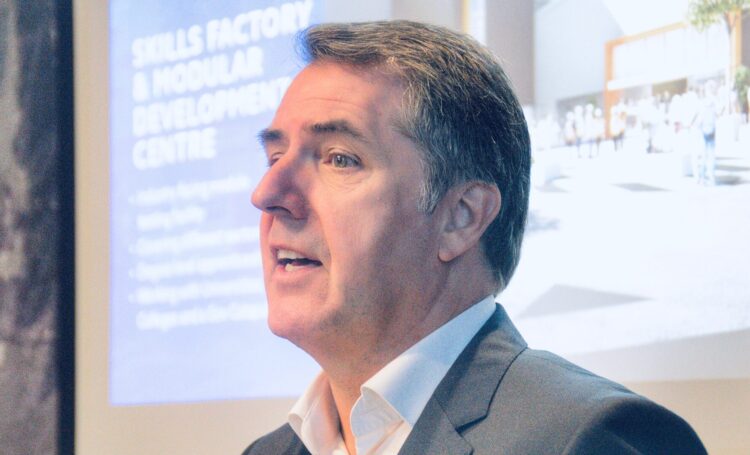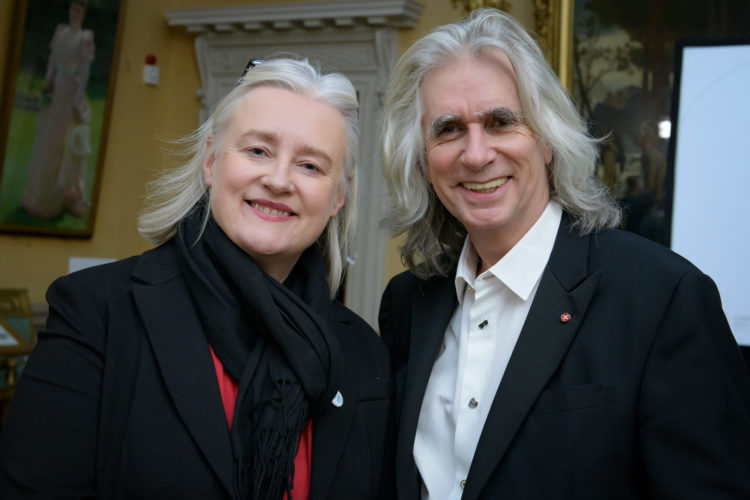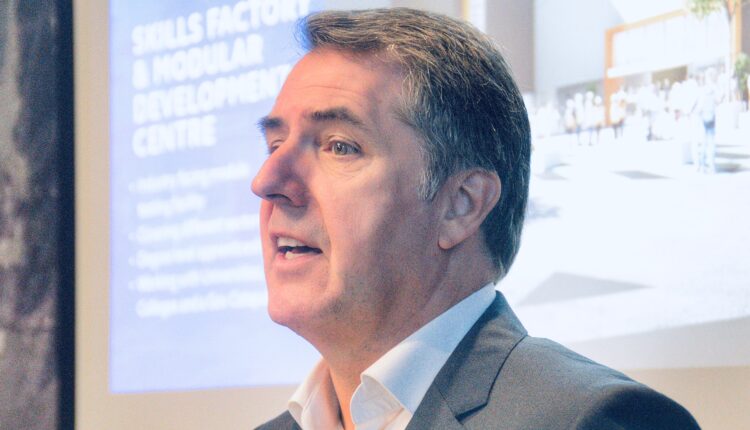Metro Mayor unveils creative sector recovery plan
Around 24,000 people were employed in the Liverpool city region arts and culture sector prior to COVID-19 and the pandemic has had a devastating impact. Tony McDonough reports

A five-year plan to support Liverpool city region’s creative sector, hit hard by the COVID-19 pandemic, has been unveiled by Metro Mayor Steve Rotheram.
Mr Rotheram says a report to go before the Combined Authority this week reveals that 24,000 people were directly employed in the city region’s creative sector before the pandemic – double the number estimated by the Office for National Statistics.
Over the past year much of the activity in the arts, culture and creative industries ground to a halt with music and arts venues forced to shut during the lockdowns. This had a knock-on effect for other parts of the supply chain, including production services, catering and travel companies.
Now a new initiative – the Liverpool City Region Cultural Compact Strategic Action Plan – is being proposed by Mr Rotheram and it identifies three key strategic priorities critical for the sector’s recovery:
- Creative communities to champion community-led transformation and develop assets within communities across the Liverpool city region.
- Creative people to support and facilitate artist, practitioner and community led cultural/creative interventions within city region cultural programmes.
- Creative places to prioritise the influence and role of arts and culture in the regeneration and recovery of the city region.
The report says: “Arts, culture and creative industries are amongst the sectors hit hardest by measures to mitigate the risk of the COVID-19 pandemic. Evidence of the impact of the crisis can be observed across the hospitality sector and visitor economy, hit by the closure of venues and 3,500 redundancies in the first six months of the crisis.”
It adds: “Culture has contributed massively to the wellbeing of the city region and its people – if it is to remain the critical and vital part of the city region’s economic and social infrastructure that it has become, the sector will need re-invention and reinvestment.”
Funding from Arts Council England was awarded to Culture Liverpool to support the work of/development of the Compact which has been facilitated by the LCR Cultural Partnership.
The Cultural Compact Action Plan builds on an ongoing commitment to the sector, including the 1% For Culture pledge, which commits 1% of the Combined Authority’s annual £30m budget to the cultural sector, and the successful Borough of Culture programme, as well as the LCR Music Support Fund and LCR Film Development Fund, launched during the pandemic.
A £2m Liverpool City Region Film Production Fund, launched in 2019 with funding from the Liverpool City Region Combined Authority, has directly supported five productions in the last year.
Mr Rotheram said: “Culture is in our DNA as a city region. It’s part of what defines us and plays a key role in all of our lives, not to mention our economy. We have done all we can to support the sector during the pandemic.

“We are going to need our cultural and creative sector more than ever, as we start to emerge from lockdown. It has a key role to play in boosting our health and wellbeing as we deal with what we have been through over the last year.”
Co-chairs of the Cultural Partnership are Maggie O’Carroll, chief executive of Liverpool social enterprise, The Women’s Organisation, and Grange Hill, Brookside and Hollyoaks creator, Phil Redmond.
Ms O’Carroll added: “The Arts, Culture and Creative sector is integral to the local, national and international identity of Liverpool city region. No stranger to the world stage, it illuminates and enriches our lives in so many ways, impacting on our sense of being, place, history, and our future.
“It is a foundation stone to our social wellbeing and cohesion, our physical and mental health, our education system, our national status, and our economy.
“The sector confers such enormous benefits and therefore it is incumbent upon to us to recognise it, celebrate it, support it and invest in it – and that is why we have developed this strategy and action plan in conjunction with the sector to ensure that it prospers and grows.”

